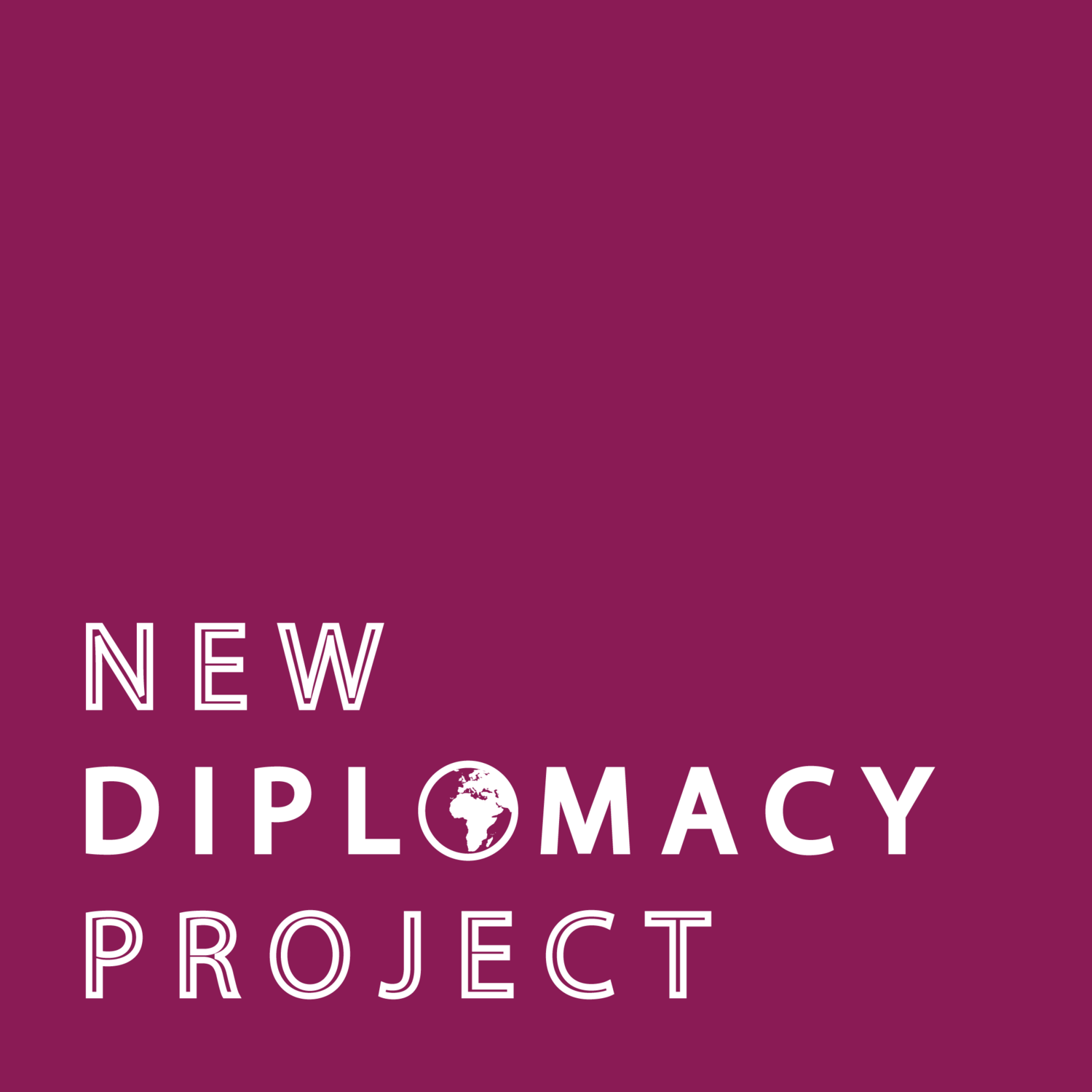Foreign policy and development: The likely failure of the DFID-FCO merger
Top lines
An independent department for overseas development aid, with the principle aim of using aid to reduce global poverty, and a commitment to spend 0.7% of the UK’s Gross National Income on development aid spending, has been a core part of every Labour Government’s foreign policy since Harold Wilson.
The Conservatives have used the public’s distraction with the COVID-19 pandemic as an opportunity to finally scrap the Department for International Development after years of criticising its existence and have announced plans to “temporarily” cut aid spending next year to 0.5% of national income.
Ingrained scepticism within the Government and amongst Conservative voters over the value of development aid spending paired with the looming deficit caused by COVID-19, make it likely that the merger of the Foreign and Commonwealth Office and the Department for International Development will be used as a smokescreen to cut the UK’s 0.7% target permanently.
Labour should not only commit to the re-introduction of an independent department for development aid on day one of being elected, but in opposition it should spend the next few years setting tests to critique the likely failure of the Government’s merger. Ensuring that a government that avoids scrutiny at every turn is held to account for the decision to endanger the UK’s leading status when it comes to the delivery of international development aid to help the world’s global poor.
This should include: highlighting and opposing the Government’s likely deviation from the 0.7% aid target and cuts to development spending; the continued use of Overseas Development Aid (ODA) funds on pet projects and to bolster a chronically underfunded diplomatic budget and offset cuts to the UK’s armed forces; the likely loss of expertise and reduction in staffing levels as a result of the merger; the loss of an independent voice for development within the Cabinet, Parliament, and the FCDO and with all of this, a decline in the transparency of development aid spending and the UK’s influence in the wider world.
Image credit: The Union flag flies at half mast over the Foreign Office building in London, 2012. Foreign & Commonwealth Office via Flickr.
